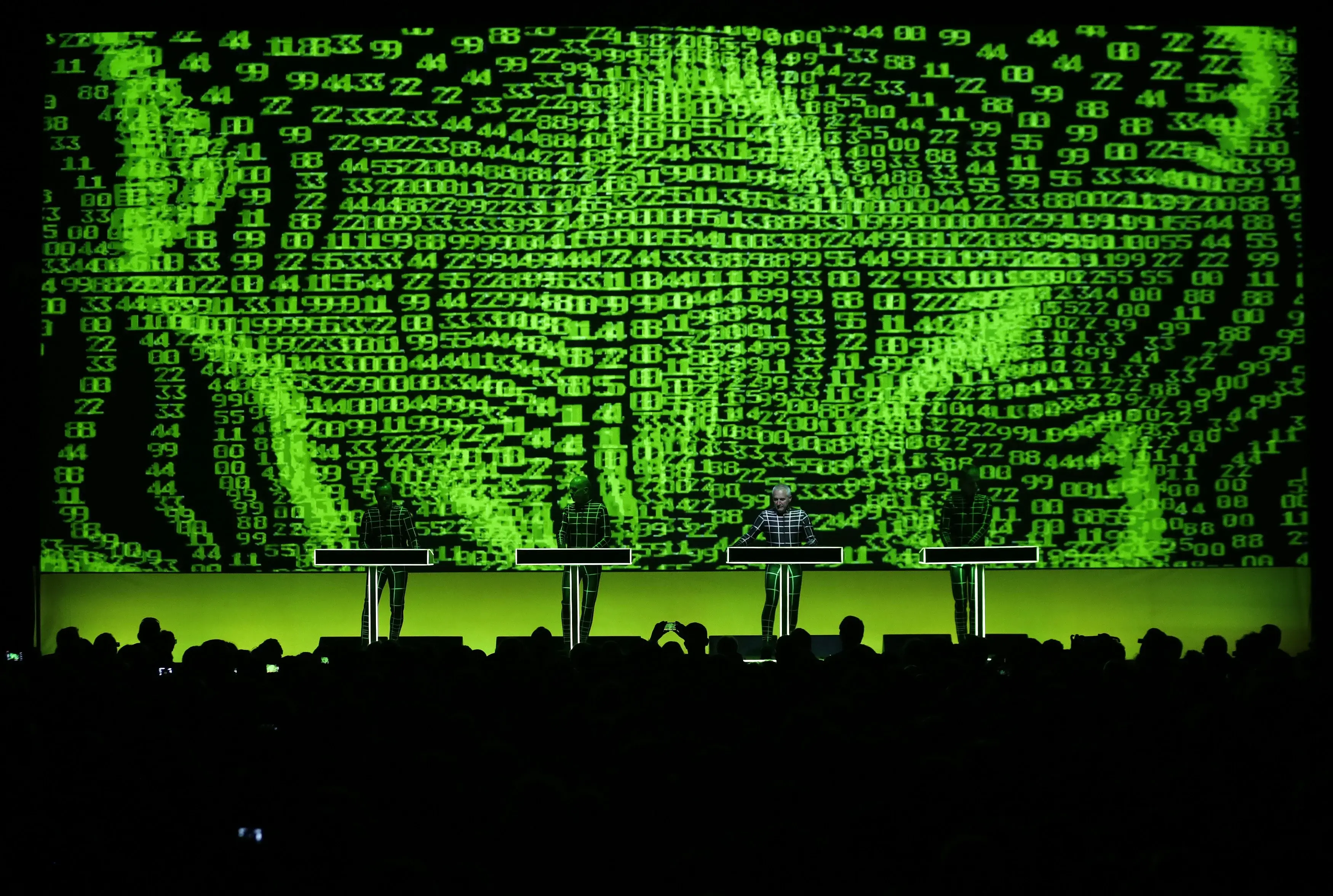f00f/eris
Here to follow content related to Star Trek, Linux, open-source software, and anything else I like that happens to have a substantial Lemmy community for it.
Main fediverse account: @f00fc7c8@woem.space
- 2 Posts
- 5 Comments
Going by their Mastodon account, seems they were erroneously detected as “from a US-sanctioned region” and it took too long for said error to be resolved, so they just made the switch.
I’m not a classic Linuxer (I switched in 2015) but I did once try Mandrake out of historical curiosity. From what I hear it was the recommended “beginner-friendly” distro before Ubuntu came out. And based on how hard it was to get working on a VM, I now understand why classic Linuxers talk about Ubuntu like it was this huge sea change.

 0·2 years ago
0·2 years agoDebian needs a better installer. It’d be awesome if it had something more akin to Fedora/RHEL’s Anaconda, or even just made Calamares the default (so long as it didn’t install every single locale available like their live inages currently do).
Well, Linux is 32 years old; GNU goes back to 1984, and Unix all the way back to 1970! The history of this OS is much older than Linus Torvalds’s involvement; he “only” created and maintains the most popular kernel.
But yes, happy birthday to Linux. Many thousands have contributed to making this operating system what it is today and they all have my utmost thanks for it.



Just as long as it isn’t a .rar.